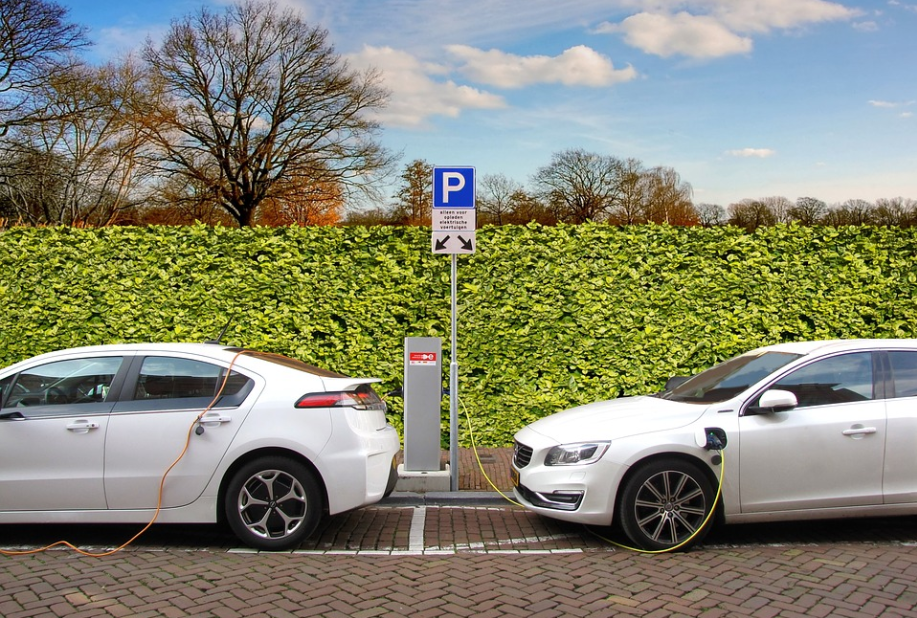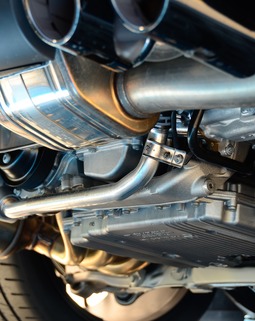Tanzanian travel agencies are reigniting their tastebuds for innovative and ecologically welcoming electrical automobiles to cut emissions, lower the cost of importing oil, and boost the ecotourism sector. According to Mr. Wilbard Chambulo, chairman of the country's Organization of Machinists, if all turns according to plan, about fifty to sixty of the expected 100,000 tourist-carrying vehicles will operate in upcoming years. The component of their most recent effort is to reduce traffic pollution in the countrywide recreational area and go green.
According to verified information from the Government of Organic Supplies and Travel, there are 1,875 authorized tour operators in Tanzania. According to a recent study conducted in France, 54% of those planning to take a trip abroad are looking at eco-friendly locations. The head of the flashy organization, which has over 300 representatives throughout the nation, claimed that electronic automobiles would improve Tanzania as a travel destination. A short time after the start of a TATO-organized e-motion campaign for tour operators, Mr. Chambulo remarked, "It gives many benefits in conservation, economy, and tourism. With tons of CO2 gas emissions per person, Costa Rica has been the prize winner by the United Nations Environment Program (UNEP).
In contrast to Tanzania, which had lower carbon dioxide emissions. According to the Tier of Tanzania's scheduled financial appraisal, oil imports rose twenty-eight percent to million dollars in the fiscal year that ended in October 2021, primarily because of capacity and valuable possessions as middling unpolished lubricant charges soared to rising demand amid limited supplies. About three billion gallons of processed oil manufactured goods are imported by Tanzania annually, including gasoline, fuel oil, and other oils. 2018 saw the introduction of the first all-electric safari vehicles in East Africa by the Mount Kilimanjaro Safari Club (MKSC). According to the Administration Executive, the technology is equally effective in a country such as it is in Europe, with already established infrastructures.
After South Africa, Tanzania is the second nation in sub-Saharan Africa to deploy electric cars for safaris. The E-Motion project aims to transform automobiles' gasoline and diesel engines keen on rechargeable ones. The French company Carwatt has adapted multiple automobiles and has extensive experience with electric vehicles. A vehicle with 36 KWH to 100 KWH batteries ranges between 120 and 350 kilometers depending on the landscape and obstacles encountered. The business is transforming a bus into a combustion car to pick up students and workers and power it in the sun. The business provides exterior and domestic 20 KWH wall chargers, 50 KW super chargers solar-powered or the network at fixed installations to be deliberately placed across the nation, and one-phase transportable power strips with a total capacity of 3 KWH for replenishing.





